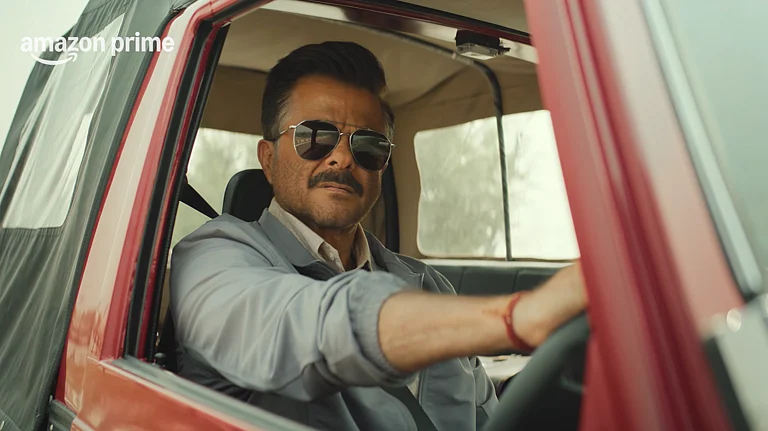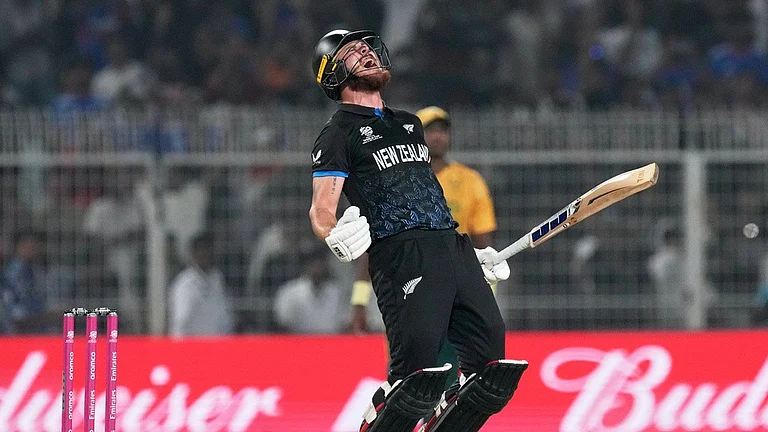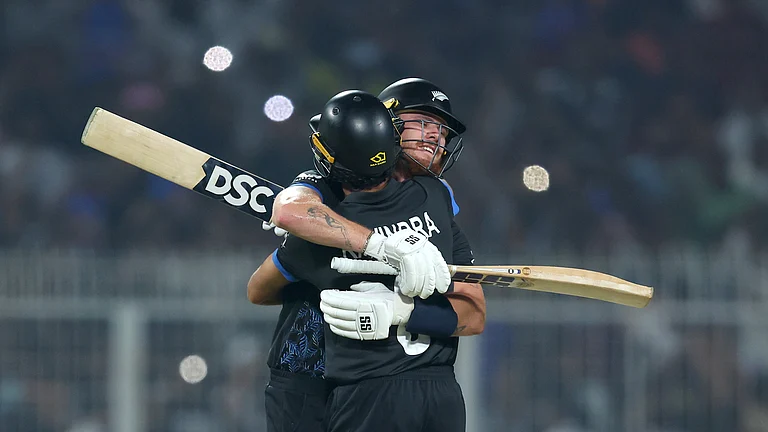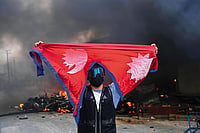A disturbing video of a teacher in a private school in Uttar Pradesh’s Muzaffarnagar district making students in a classroom slap a fellow Muslim classmate repeatedly caused a massive uproar across India, prompting calls for her arrest for spreading hate crime. The teacher told her students to “hit him (the boy) hard” as she spoke derogatorily about “Mohammedan children”, referring to his religious identity.
The video went viral on social media on Friday and sparked a row over hate crime and Islamophobia. The incident revealed how the secular fabric of the country is getting tarnished due to a growing religious divide. The accused teacher, Tripta Tyagi, has been suspended from the school and booked by the police but not yet arrested. The National Commission for Protection of Child Rights (NCPCR) also took note of the incident.
Tyagi tried to justify her act calling it a “minor issue” that has been “unnecessarily turned into a big issue”. She also tried to vindicate herself of the cruel action saying the child’s parents had asked her to be more strict with him. “I am handicapped, so I made some students slap him so that he would start doing his homework," she told reporters.
Over the past decade, violence against minorities has rapidly increased in the country. Targeted attacks, lynchings, communal riots, conspiracy theories around forced conversions, and vigilantism continue to be on the rise.
In the past, Outlook has extensively covered violence and discrimination against minorities.
In its recent magazine issue on Islamophobia, Outlook delved into the instances of harassment and atrocities faced by Muslim people and explored how the politics of polarisation deeply influences Indian society. It looked into the Nuh violence in Haryana where six people, including two home guards and a cleric, died in clashes that took place during a VHP procession. Houses were bulldozed, Muslim-owned shops were shuttered, a mosque was torched, and workers and labourers living there were forced to return to their villages.
In March, Outlook looked at how Christians are living in fear in the country due to the growing attacks on churches and burning of Bibles, in the backdrop of vandalism of a Christian stall at the New Delhi Book Fair at Pragati Maidan.
On 19 February, thousands of Christians had gathered at Delhi’s Jantar Mantar for the first time in nearly two decades to stage a protest against the recent attacks on churches, violence and arrests against Christians.
These are only a few out of hundreds of incidents of hate crime and discrimination., leaving us with the question – What propels these incidents and where does it end?





















